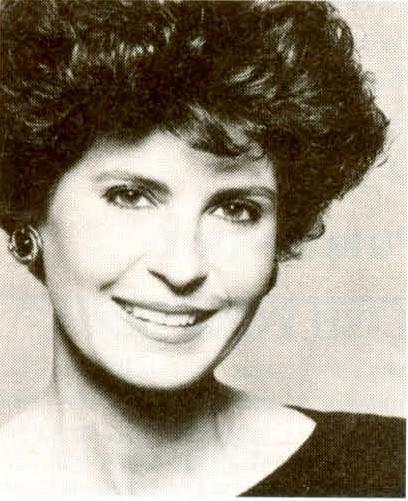
My father was an only child, and a lonely child. He was born in 1915, in Hoboken, NJ, the son of immigrants who’d arrived in this country with the will to make their way and not a whole hell of a lot else. They ran a restaurant and saloon, where Dad sang propped up on the player piano, and they outlasted Prohibition and the hard times that followed.
Dolly Sinatra was the social animal, the politically connected one, who spent her spare time buying votes for the local Democratic machine. (A woman with advanced ideas, she would chain herself to City Hall at a protest for women’s suffrage in 1919.) As Dolly’s ambitions broadened, she finagled a fireman’s post for her husband, Marty, a job that stole him away from home for days at a time. They were doting parents, and their skinny, blue-eyed son was the center of their universe. But they were also working overtime to make sure he’d have a better life. They weren’t always seeing Dad off to school, or asking how his day had gone when he got home.
No one talked about “nurturing” when my father was young. Which was just as well, because he didn’t get too much of it. My father was 17 and my mother only 15 when they met at the Jersey shore and fell in love at first sight. The country was still waist-deep in the Depression, and Dad was dreaming his dream — of becoming the biggest singer in the world — long before it seemed plausible. His parents slapped down his grand ideas, everyone mocked him, except for Nancy Barbato. From that first moment she shared Dad’s dream and became part of it. In a time of widespread discouragement, these two young people were earnest and optimistic. They were sure they would make it, together.
He’d fallen in love with Mom’s family, in all of its teeming commotion. My father had been accustomed to eating alone, one reason he was so skinny. But mealtime was a raucous event at the Barbato household, with the mother cooking and the father beaming and the Victrola playing Verdi in the background, and half a dozen kids around the table. “I used to love the racket,” Dad would recall. “Where I grew up, it was so quiet all the time.” My father was starving for company, for family, and he ate at the Barbatos’ table every chance he could. Dinnertime gatherings would remain a central ritual throughout his life.
After I graduated from high school, Dad and I took a trip to Europe via New York. We landed in Newark on a warm summer evening, and I asked to stop in Hoboken, because I’d never seen it. Dad had been offended at some ceremony in his hometown years before and had never gone back, but that night his nostalgia ran deep. He pointed out Stevens Institute, on the Palisades, where Grandpa Marty had longed for Dad to study engineering. I saw the four-story house on Garden Street where Dad grew up, and nearby the site where he was born, marked by a plaque after the house burned down.
We drove down to the wharf and he told me, “We’d swim here with our shoes tied around our necks, so they wouldn’t be stolen.” This was the place where he’d sit as a boy and look across at the glitter of New York. And promise himself, I’ll be going there someday.
From the June 2001 issue of Family Tree Magazine
